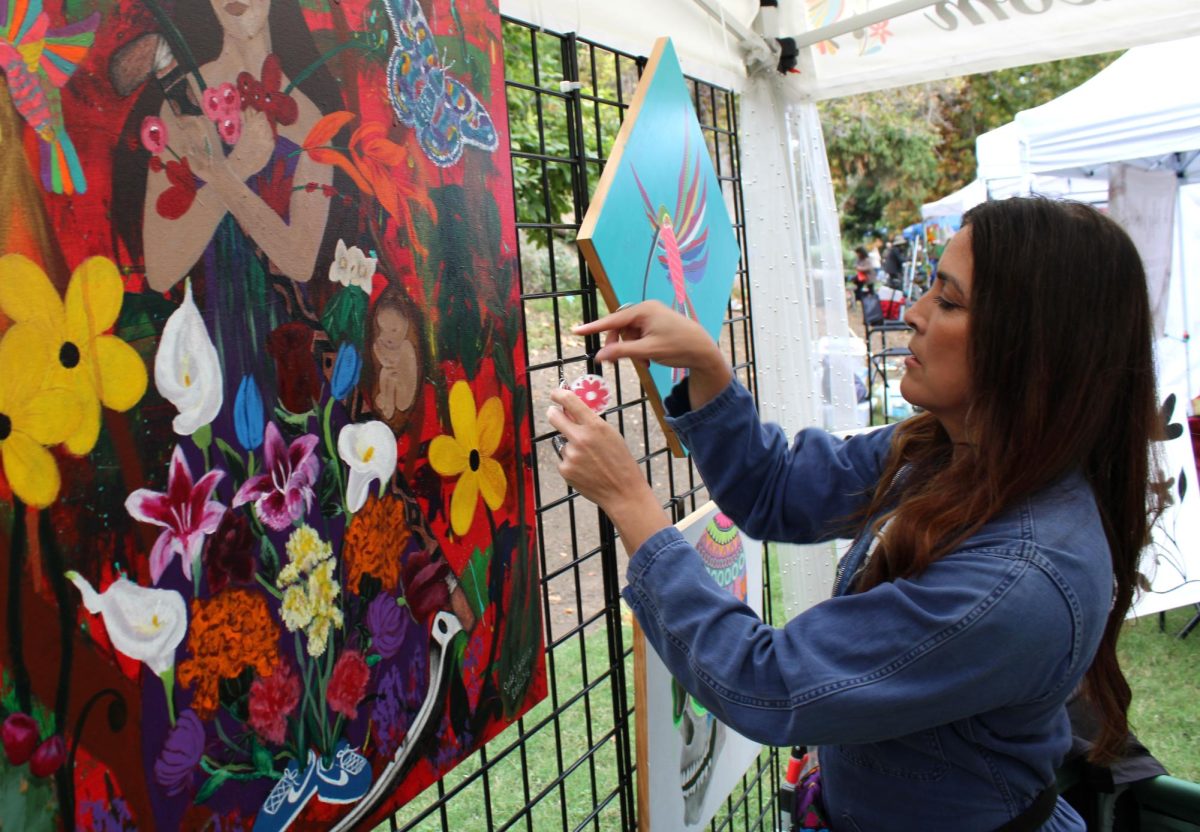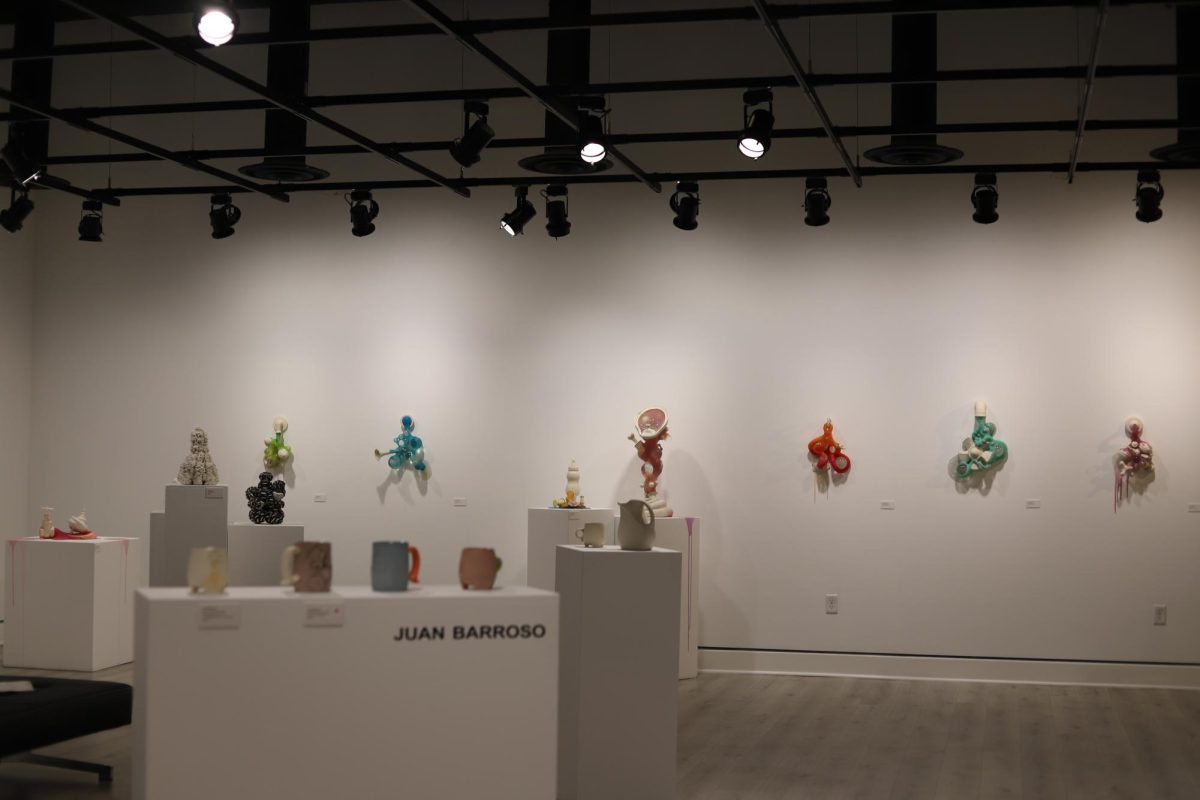Written by: Brooke Cary
On the daily commute to Riverside City College there is one building that you will almost certainly pass by if entering the campus on Terracina Drive – the Child Development Center and Learning Lab. The center is conveniently located on the north side of campus, on the lower level across the street from RCC’s football field.
Beside the door of each room, there are one-sided windows which allow mothers or workers to see into the play room of the children while the children see only a mirror.
“It’s a great program,” said Toni Rangel, the early childhood education center manager, “it gives them (the parents) an opportunity to study, to go to school and not have to worry about child care, and what’s great is we have an observation window … so parents can see.”
But Rangel has expressed frustration over the lack of scholarships available to help college students afford quality child care while they are in school. The center accepts subsidies and some income-based scholarships are available for working or student parents, but there are few, if any, need-based scholarships available.
In spite of the convenient location and well-designed facility, Rangel expressed frustration because many student mothers have come to the center seeking scholarships and have turned away in tears because they cannot afford the child care service. The students are then left to find a lower-cost child care service or pull out of school.
“We’re trying to get something for students where they get a reduced rate or something for those working students,” Rangel said. Nothing is currently available except from outside scholarship sources, which usually don’t cover all the costs. Rangel explained that many of the grants and scholarships available cover only costs of child care while the parent is in class, which means partial-day service. The problem is that the center itself doesn’t have half-day or partial day rates, which leaves the family to pick up the slack.
The staff seemed eager to help, though, with ready-made literature with information on scholarships and grants to apply for to help the families in any way. “We’re always looking for other grants and funding for care for the child,” said Rangel.
Despite the expressed frustrations, RCC has a good relationship with the center and Psychology, Nursing and Early Childhood Development students benefit tremendously from the Child Care Laboratory.
Students enrolled in child development courses are required to fulfill lab hours at the center, which provides help to the Center and experience to the students.
“We train teachers and they have to work with real live children if they are going to be any good,” said Sheri Yates, department chair of the Early Childhood Center. “It’s more than just work experience where they clock in and clock out. They have to prove to the faculty that they are competent in teaching children to learn.”
Yates considers the academic program as a gateway to technical job experience and later, a career.
At the facility, a student from RCC’s early childhood development program was standing in the hallway observing through the one-sided window.
“‘I am in the medical field, so it’s interesting to work with kids,” said the student. A mother also stood outside in the hallway and watched as staff members helped the kids get ready for their nap time. “His name is Gerald. This is his first time at a child care center. I thought he would cry a lot the first day, but he is adjusting really well,” she explained.
The center currently provides service to approximately 25 percent students and 75 percent non-student families. There are 94 children enrolled in the program and an estimated 85 families with children at the center.







